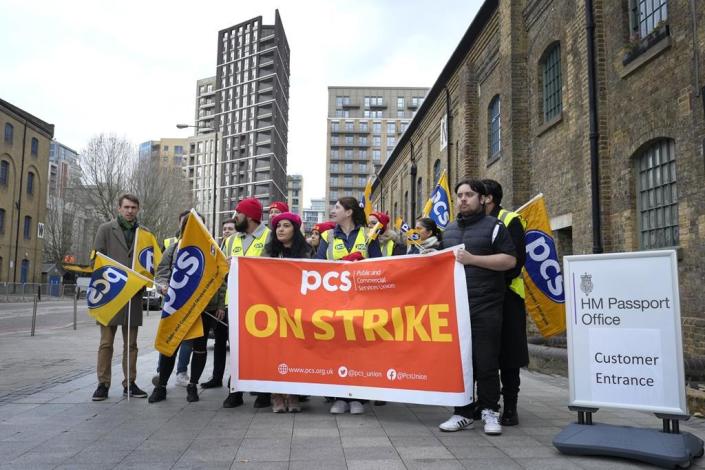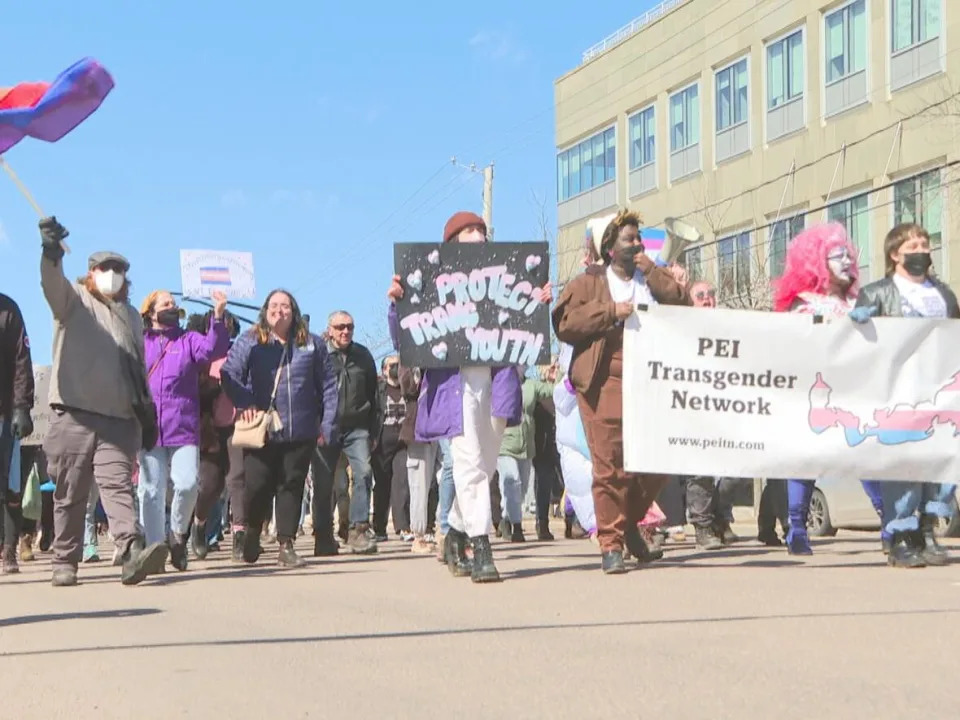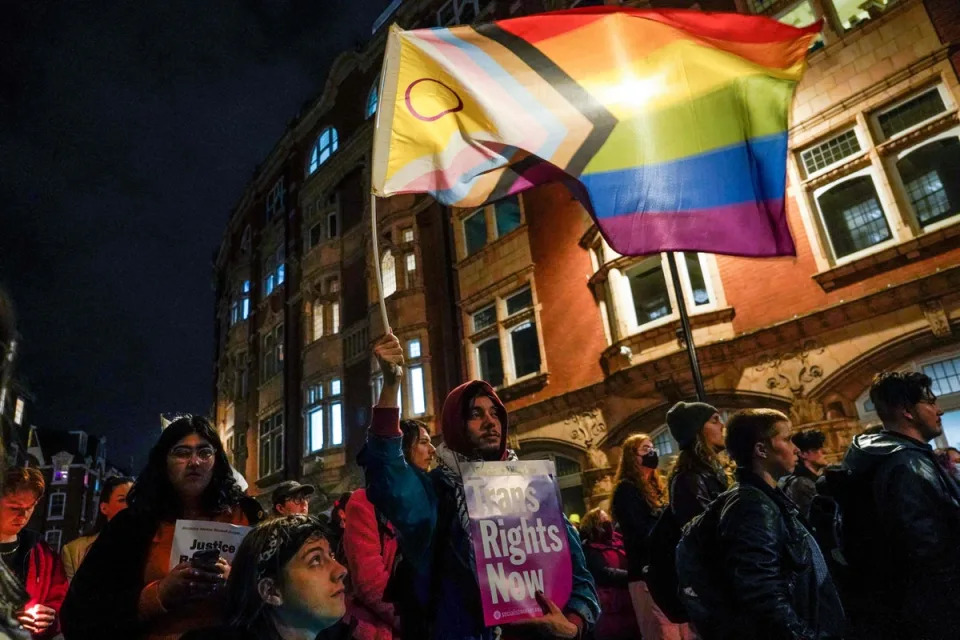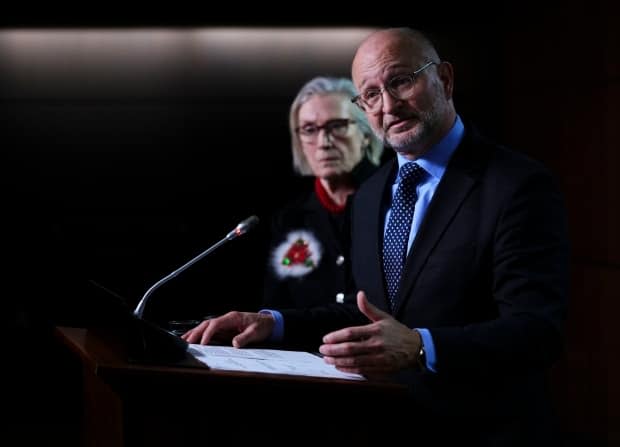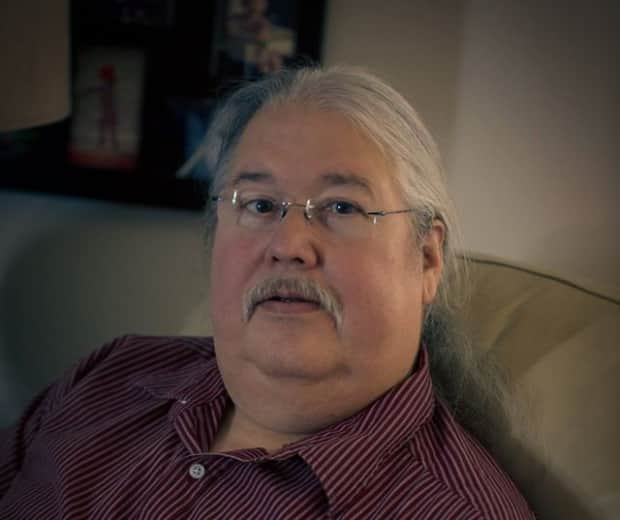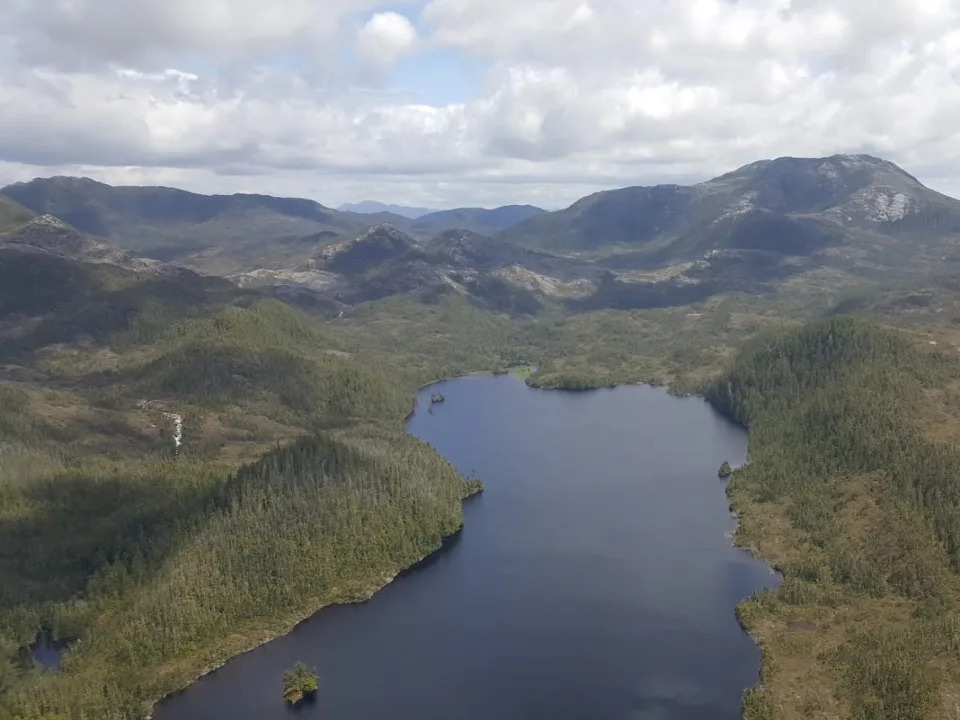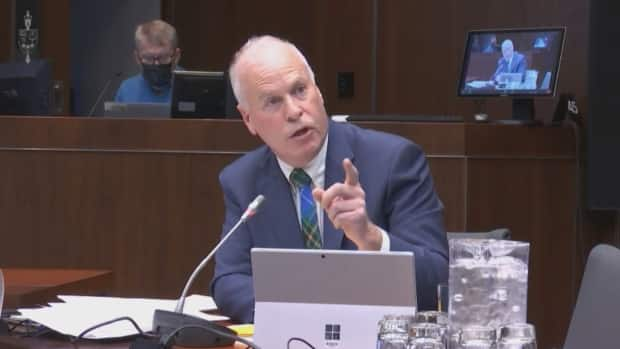James Cheng-Morris
·Freelance news writer, Yahoo UK
Mon, 3 April 2023
Queues at passport offices are expected as staff are set to go on strike for five weeks. (Getty Images)
A five-week strike by Passport Office workers will cause “huge delays” for people looking to renew their passport, a union has warned.
British holidaymakers are bracing for severe disruption as more than 1,000 members of the Public and Commercial Services (PCS) union began more than a month of industrial action.
The staff in passport offices in England, Scotland and Wales will take part in walkouts, which are scheduled to run until 5 May.
Mark Serwotka, general secretary of the PCS, warned: “In my opinion there will be huge delays in the already 10 weeks that people are supposed to apply for passports, and there will be huge disruption on the fast-track service that people can use when they want to get a passport quicker.
Read more: Who is on strike today in the UK?
“The Government says it has got contingency measures in place so we’ll see how that works out over the next few days and weeks, but I would expect there to be delays.”
The PCS union has warned of possible delays that could impact holidaymakers.
He said there has been “radio silence” from the Government without even “one minute” of negotiations since strikes began.
Civil servants are to strike throughout April, culminating with another walkout by 133,000 workers at the end of the month, the PCS announced.
It said the huge stoppage will take place on 28 April in an escalation of the long-running dispute over pay, jobs, pensions and conditions.
With the summer holidays only a few months away, Yahoo News UK explains why some Passport Office staff are striking and when people should renew their passports if they are going abroad.
When and why are Passport Office workers striking?
More than 1,000 PCS members working in Durham, Glasgow, Liverpool, London, Newport, Peterborough and Southport will walk out from 3 April to 5 May. Members in Northern Ireland's Passport Office are currently being balloted.
It’s an escalation of a dispute over jobs, pay and conditions.
General secretary Mark Serwotka said: “Our members are not backing down in this dispute.
“Ministers need to take notice that we’re escalating our action and they need to resolve the dispute by putting money on the table.
“We know our strikes have already caused serious disruption. The new strikes and another national day of action will pile the pressure on a government that refuses to listen.”
When do I need to renew my passport by?
Ultimately, the Passport Office says it can take “up to 10 weeks” for the renewal process to be completed, though a recent National Audit Office report said the processing time for “straightforward applications” was just 12 days in September last year.
Even so, if we go by the Passport Office’s guidance, 10 weeks is getting well into summer holiday territory.
Also, consider a quarter of the Passport Office’s 4,000-strong workforce will be striking for half of this time.
And the fact the office processes six million passport applications a year. This averages 115,000 a week, meaning about 600,000 applications could be received during the five-week strike period where there will be a depleted workforce.
Given you have no chance of going abroad with an out-of-date passport, it’s best not to leave anything to chance.
Strike or no strike, it’s safest to apply as soon as possible if your current passport is expiring (also note that if you're visiting an EU country from the UK, your passport will need to be valid for at least three months after the date you intend to leave, and be less than 10 years old).
Could it affect my summer holidays?
The PCS, as mentioned above, warned the strike will have a “significant impact” on the delivery of passports. But the government, responding to the union's announcement, has said there are no plans to change the 10-week guidance.
A Downing Street spokesman said: “There are no current plans to change the guidance that people should allow up to 10 weeks to get a passport.
"The Home Office will work hard to manage the impact of this strike action to ensure they can still provide the vital service to the British public as you would expect ahead of ahead of the summer where we fully acknowledge that many people will want to get away and enjoy the summer with their family.
“So we will do everything we can to mitigate the impact of the strikes.”
Read more: 'People used to clap': Why striking junior doctors are so fed-up
How much do passport workers earn?
The average figure is not available on the government's website, but current vacancies at the Passport Office show salaries of £22,400 for a document controller, up to £27,650 for a counter fraud officer and up to £27,650 for a customer service team leader.
Serwotka said the government is treating its "own workforce [including Passport Office staff] worse than anyone else".
"They’ve had six months to resolve this dispute but for six months have refused to improve their 2% imposed pay rise, and failed to address our members’ other issues of concern."
Emma Lawson
Mon, 3 April 2023
Passport Office staff in Scotland could make more money “working in a cafe or supermarket”, a union representative has said as workers begin a five-week strike in a row over jobs, pay, pensions and conditions.
More than 1,000 members of the Public and Commercial Services Union (PCS) at eight sites are walking out in an escalation of the long-running row.
Workers are picketing outside eight Passport Office sites across the UK, including in Glasgow, and calling for a 10% pay rise.
PCS Scotland branch secretary Andrew Bain told PA news agency: “We’ve actually had two pay rises this year, because our lowest grade would have fallen under the National Minimum wage. That’s just how close we are to the breadline at the moment.
“We think 10% is perfectly fair, we have half of our members spending 50% of their wages on housing. It’s not a great situation for us to be facing.
“We’ve got members who are having to rely on Government benefits and foodbanks just to get through the month. It’s a shocking situation for workers of the Government to be in. They could find better wages working in the cafes and shops in Glasgow.”
He added: “We’ve got examiners doing complex case work on nationality and things like that and it seems like they would be better off to work for the likes of supermarkets, where there are higher wages and far less stress, being told you’re only worth 2% has a massive impact on your morale and mental health.
“We’re only in this position because the Government refuses to engage with us. We are at a crisis point.”
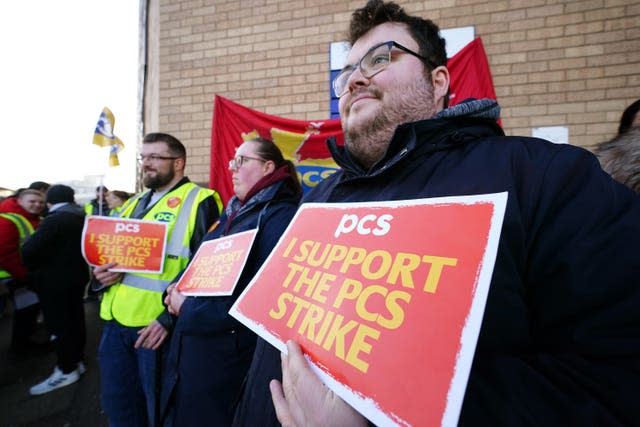
PCS members are striking over pay and conditions (Jane Barlow/PA)
Mr Bain said the Government was approached six months ago when the issue of a pay rise was brought up, but since then there has been no more conversation with them.
When asked about possible disruption facing those renewing passports, he added: “The Government is still adamant that the 10-week policy will remain in place.
“Before the strike action was happening, we received a turnaround of about 14 days of renewal, so in all likelihood it might still be a 10-week period for passport applications.
“At the end of the five weeks, we’ll be back in the office processing these applications and if the Government was actually to come to the table and talk to us about this, and offer a decent pay rise, we would be back in work tomorrow to process the applications.
“We will be able to get most passports out the door once we’re back in the office, but there will be a knock-on effect, there always is.
“There was one last year when we were working at full capacity and we still had a backlog. A lot of it is panic. I would say if you don’t need to renew your passport just yet, don’t renew your passport.”
Picket lines are also being mounted outside offices in England at Durham, Liverpool, Southport, Peterborough and London; plus Belfast in Northern Ireland and Newport, Wales.
The union is stepping up strikes, with a nationwide walkout of more than 130,000 civil servants planned for April 28.
The Home Office said the Passport Office has already processed more than 2.7 million applications this year, and added that more than 99.7% of standard applications are being processed within 10 weeks, with the majority of those delivered to customers well under this timescale.
There are currently no plans to change official guidance which states that it takes up to 10 weeks to get a passport.


